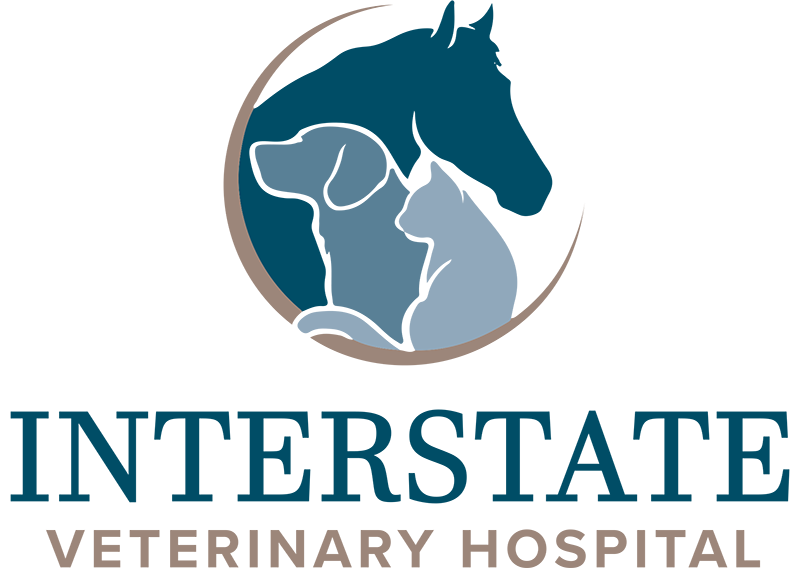Pet Allergy Testing and Treatment
Pet allergy testing and treatment are essential for identifying and managing allergies in pets, such as dogs and cats.
Pet Allergy Testing and Treatment IN CENTURIA, WI

Pet Allergy Testing and Treatment
Pet Allergy Testing and Treatment at Interstate Veterinary Hospital in Centuria, WI, is designed to identify and manage allergies in your beloved pets. Allergies can cause discomfort and health issues in animals, but with the right diagnosis and treatment, your pet can enjoy a more comfortable and symptom-free life.
Allergies can manifest as skin issues (itching, rashes), gastrointestinal problems (vomiting, diarrhea), respiratory symptoms (coughing, sneezing), or a combination of these.
Key Aspects of Our Pet Allergy Testing and Treatment Services:
1. Allergy Evaluation:
- We begin by thoroughly evaluating your pet’s medical history and symptoms to assess the possibility of allergies.
- Allergies in pets can manifest as skin issues (itching, redness, hot spots), gastrointestinal problems (vomiting, diarrhea), or respiratory symptoms (sneezing, coughing).
2. Allergy Testing:
- We offer various methods of allergy testing, including skin tests and blood tests.
- Skin tests involve exposing your pet to small amounts of allergens and monitoring their reactions to identify specific triggers.
- Blood tests measure the presence of antibodies (IgE) to common allergens.
3. Allergen Identification:
- Once the allergens are identified, we work with you to create a plan for reducing your pet’s exposure to these allergens in their environment.
4. Allergy Treatment Options:
- Allergy treatment options may include:
- Allergen-Specific Immunotherapy (ASIT): ASIT involves administering regular injections or oral drops of allergens to desensitize your pet’s immune system over time.
- Medications: We may prescribe medications, such as antihistamines, corticosteroids, or cyclosporine, to manage allergy symptoms and provide relief.
- Topical Therapies: Shampoos, sprays, and topical treatments can help soothe and heal skin allergies.
- Dietary Changes: For pets with food allergies, we may recommend a hypoallergenic diet.
- Environmental Management: Recommendations for minimizing exposure to environmental allergens like dust mites, pollen, and molds.
5. Monitoring and Follow-Up:
- We closely monitor your pet’s progress and adjust treatment plans as needed.
- Follow-up appointments and ongoing communication are essential to ensure the effectiveness of treatment and make any necessary adjustments.
